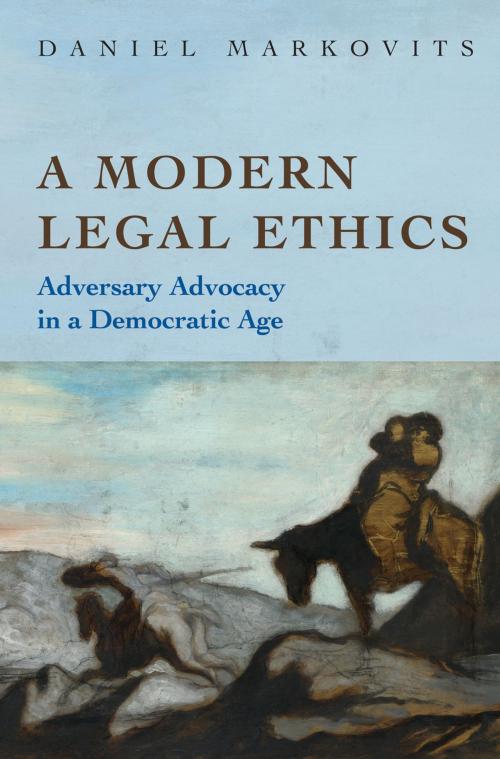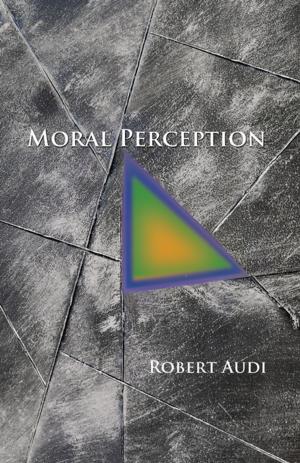A Modern Legal Ethics
Adversary Advocacy in a Democratic Age
Nonfiction, Reference & Language, Law, Ethics, Religion & Spirituality, Philosophy, Ethics & Moral Philosophy| Author: | Daniel Markovits | ISBN: | 9781400828982 |
| Publisher: | Princeton University Press | Publication: | December 28, 2010 |
| Imprint: | Princeton University Press | Language: | English |
| Author: | Daniel Markovits |
| ISBN: | 9781400828982 |
| Publisher: | Princeton University Press |
| Publication: | December 28, 2010 |
| Imprint: | Princeton University Press |
| Language: | English |
A Modern Legal Ethics proposes a wholesale renovation of legal ethics, one that contributes to ethical thought generally.
Daniel Markovits reinterprets the positive law governing lawyers to identify fidelity as its organizing ideal. Unlike ordinary loyalty, fidelity requires lawyers to repress their personal judgments concerning the truth and justice of their clients' claims. Next, the book asks what it is like--not psychologically but ethically--to practice law subject to the self-effacement that fidelity demands. Fidelity requires lawyers to lie and to cheat on behalf of their clients. However, an ethically profound interest in integrity gives lawyers reason to resist this characterization of their conduct. Any legal ethics adequate to the complexity of lawyers' lived experience must address the moral dilemmas immanent in this tension. The dominant approaches to legal ethics cannot. Finally, A Modern Legal Ethics reintegrates legal ethics into political philosophy in a fashion commensurate to lawyers' central place in political practice. Lawyerly fidelity supports the authority of adjudication and thus the broader project of political legitimacy.
Throughout, the book rejects the casuistry that dominates contemporary applied ethics in favor of an interpretive method that may be mimicked in other areas. Moreover, because lawyers practice at the hinge of modern morals and politics, the book's interpretive insights identify--in an unusually pure and intense form--the moral and political conditions of all modernity.
A Modern Legal Ethics proposes a wholesale renovation of legal ethics, one that contributes to ethical thought generally.
Daniel Markovits reinterprets the positive law governing lawyers to identify fidelity as its organizing ideal. Unlike ordinary loyalty, fidelity requires lawyers to repress their personal judgments concerning the truth and justice of their clients' claims. Next, the book asks what it is like--not psychologically but ethically--to practice law subject to the self-effacement that fidelity demands. Fidelity requires lawyers to lie and to cheat on behalf of their clients. However, an ethically profound interest in integrity gives lawyers reason to resist this characterization of their conduct. Any legal ethics adequate to the complexity of lawyers' lived experience must address the moral dilemmas immanent in this tension. The dominant approaches to legal ethics cannot. Finally, A Modern Legal Ethics reintegrates legal ethics into political philosophy in a fashion commensurate to lawyers' central place in political practice. Lawyerly fidelity supports the authority of adjudication and thus the broader project of political legitimacy.
Throughout, the book rejects the casuistry that dominates contemporary applied ethics in favor of an interpretive method that may be mimicked in other areas. Moreover, because lawyers practice at the hinge of modern morals and politics, the book's interpretive insights identify--in an unusually pure and intense form--the moral and political conditions of all modernity.















